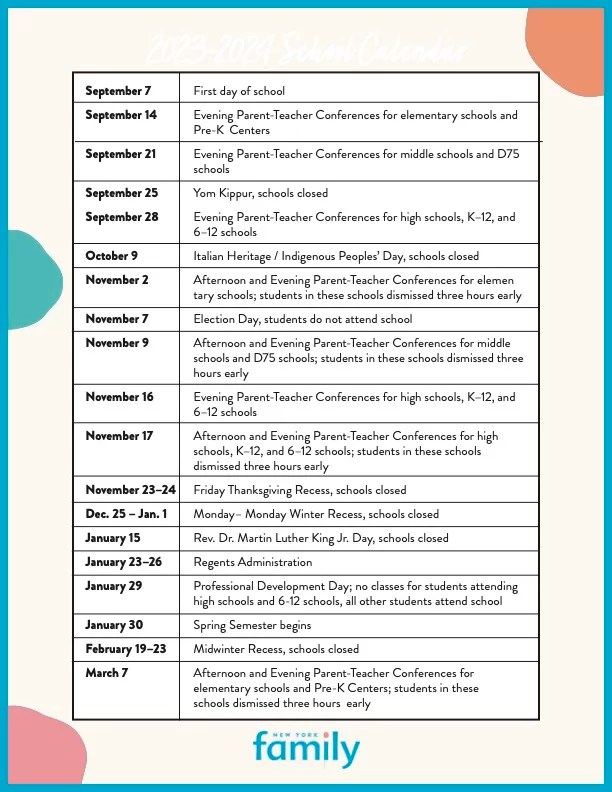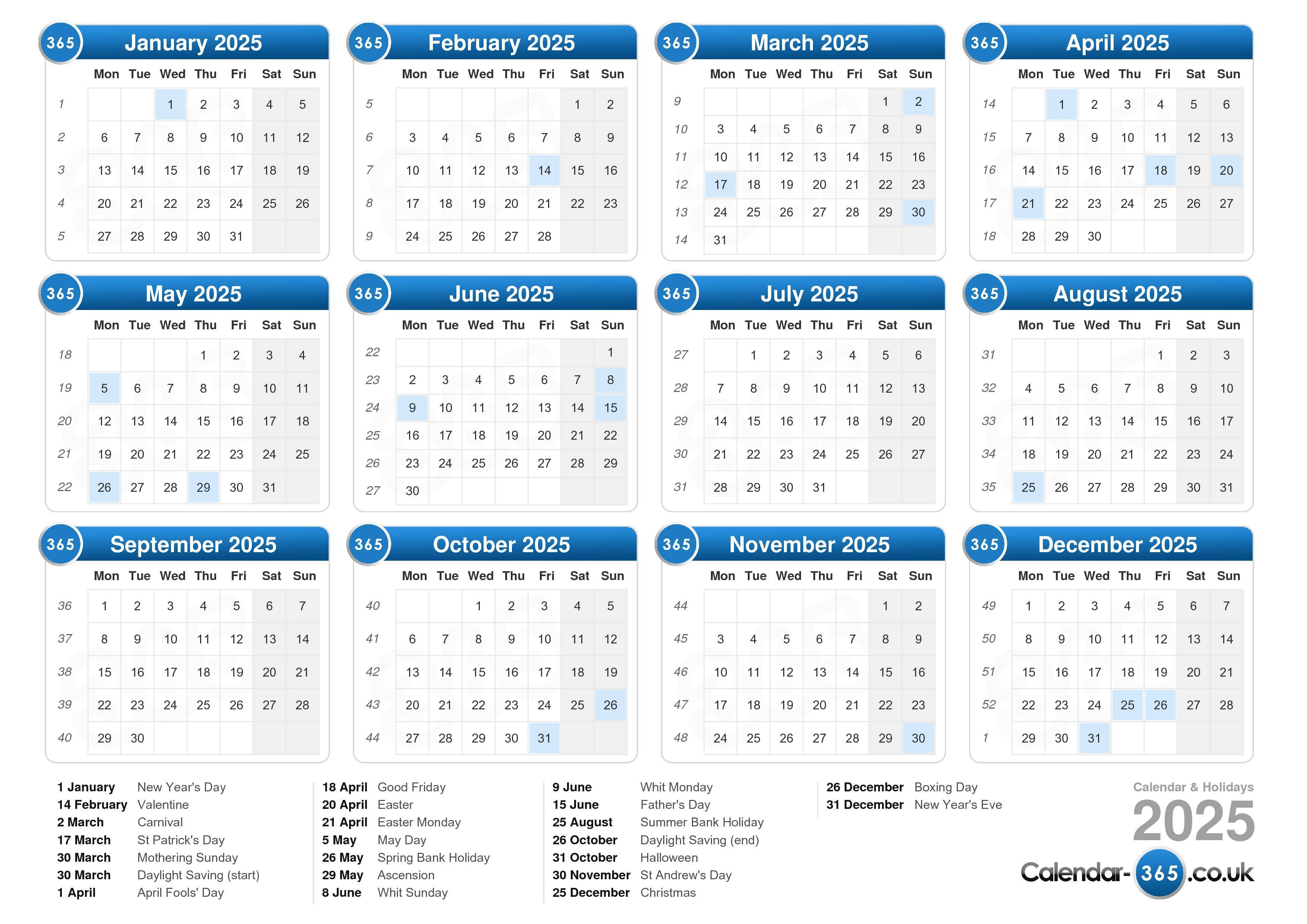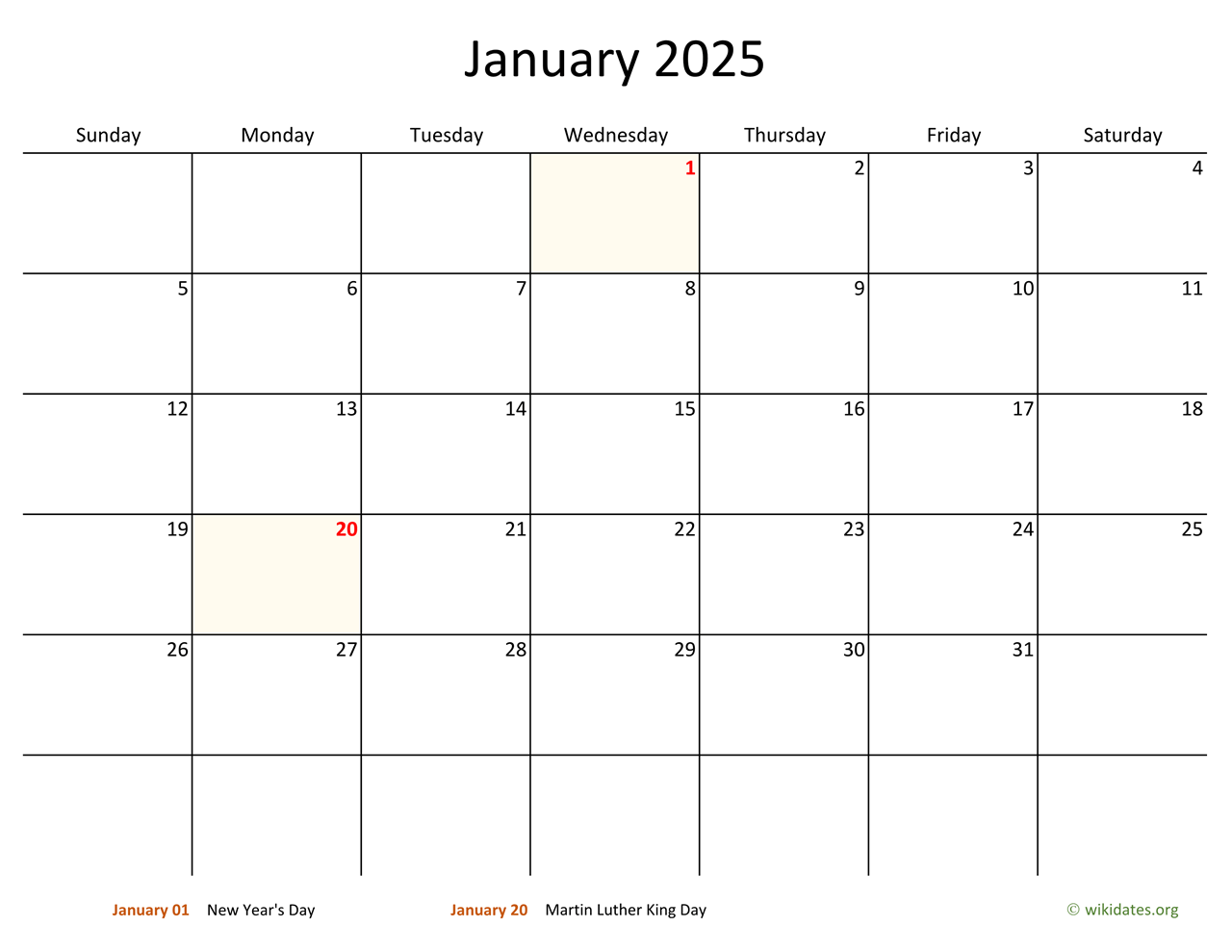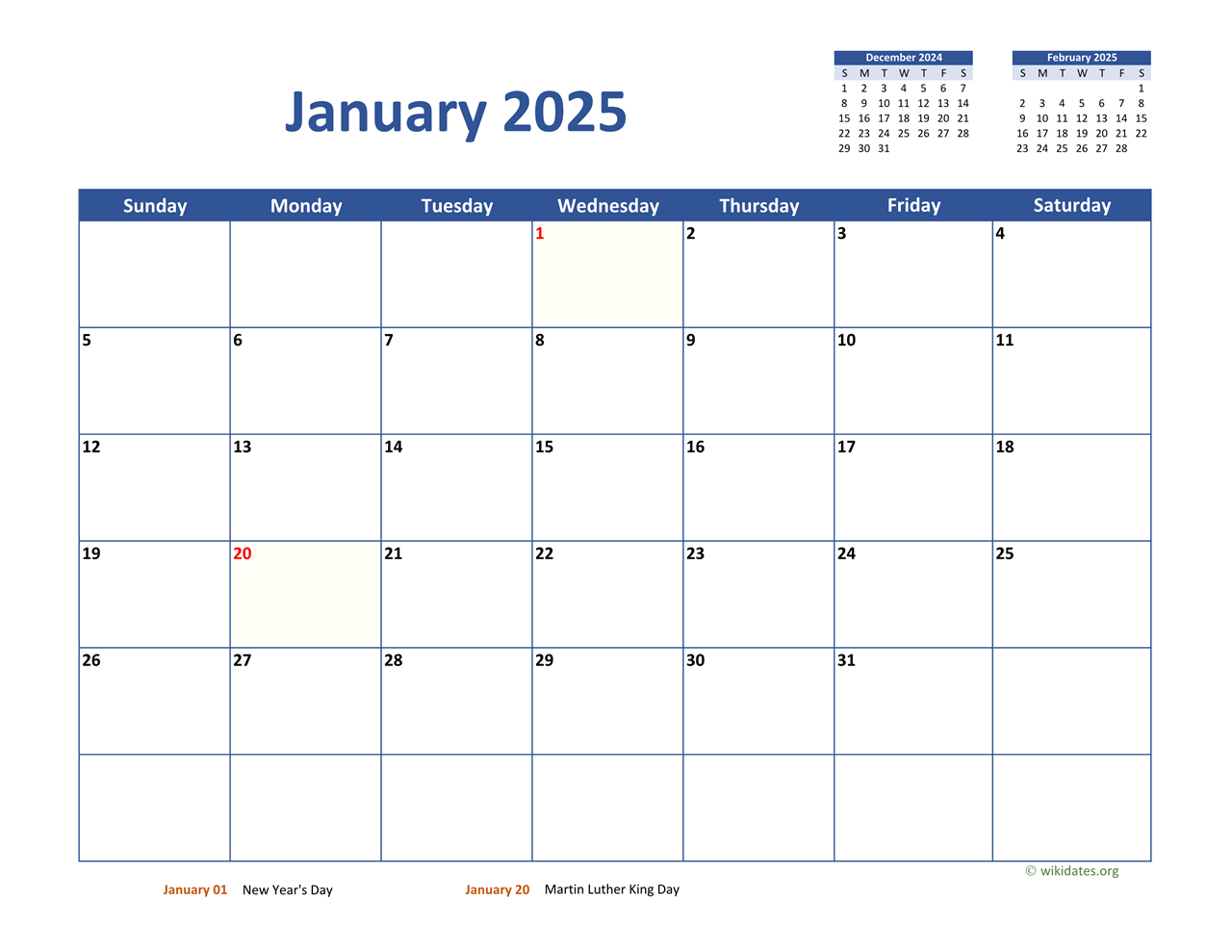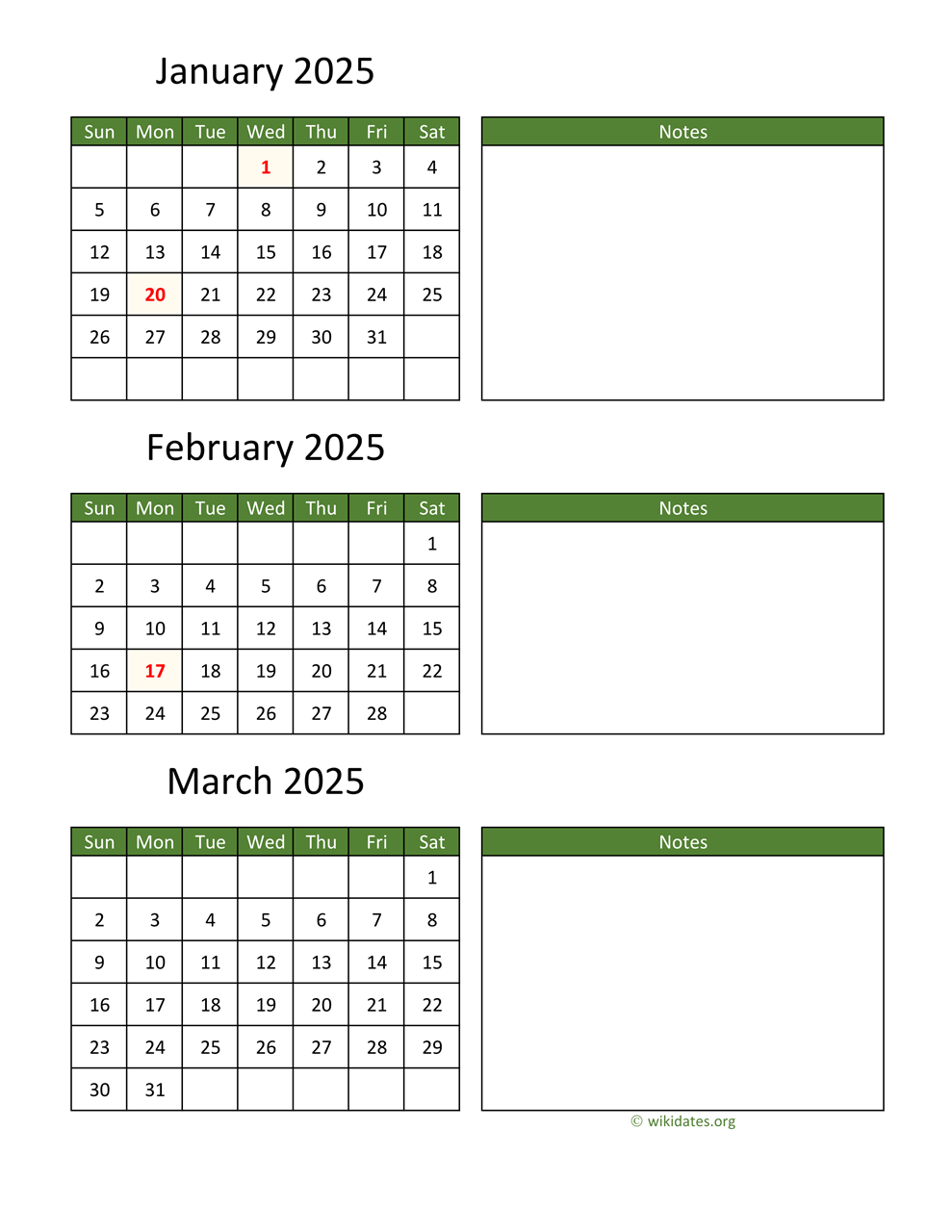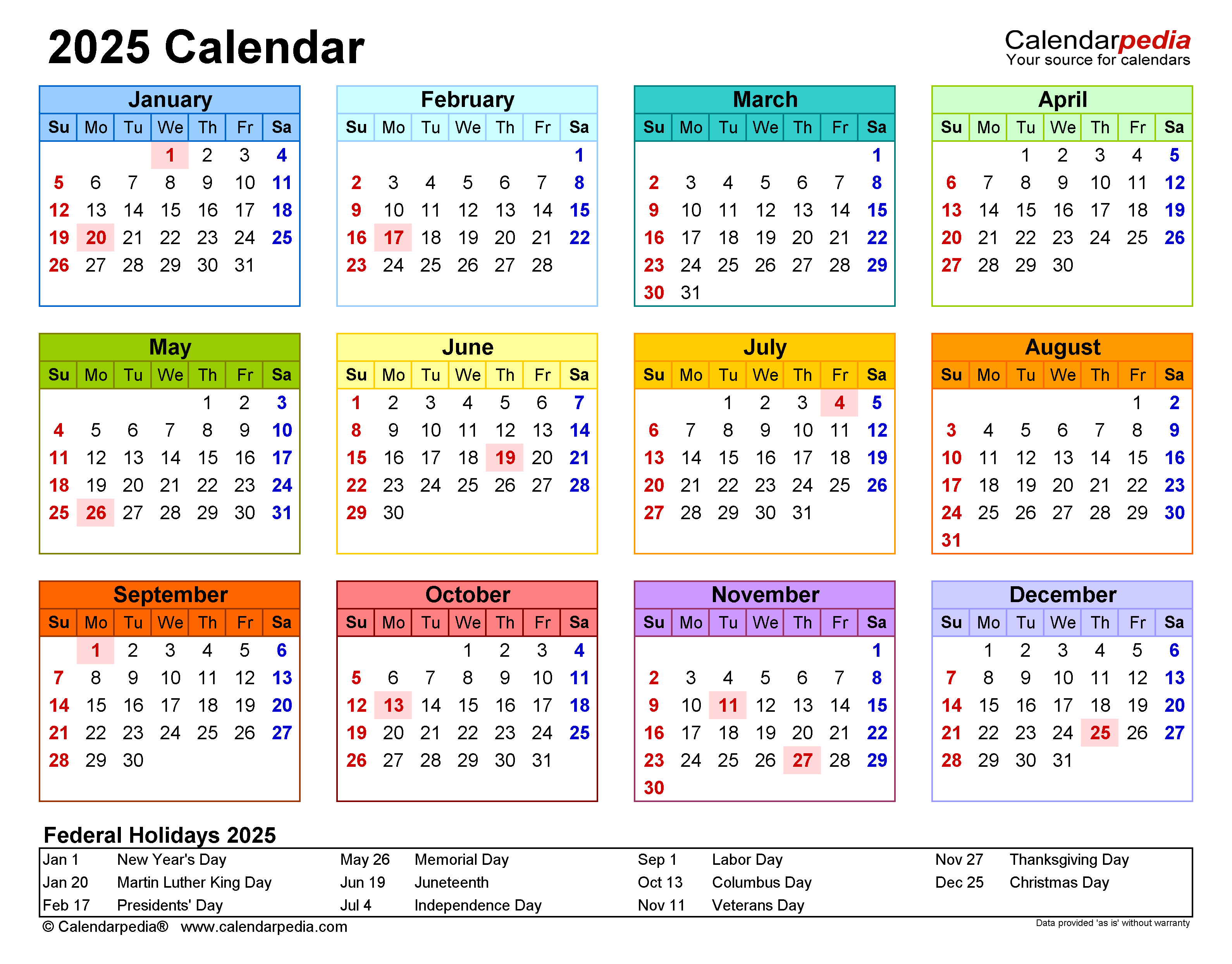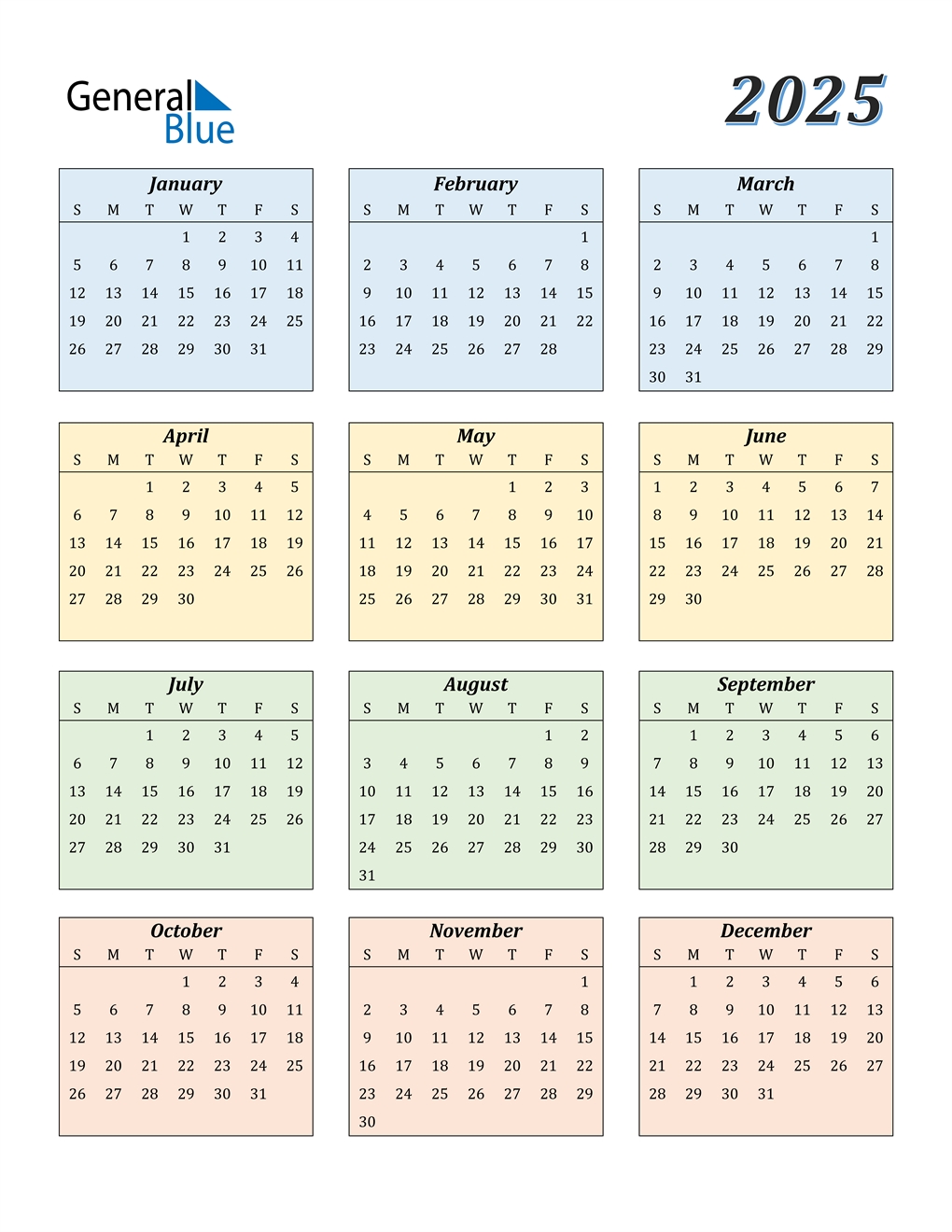South African Public Holidays 2025 Calendar: A Comprehensive Guide
South African Public Holidays 2025 Calendar: A Comprehensive Guide
Related Articles: South African Public Holidays 2025 Calendar: A Comprehensive Guide
- How To Create A 2025 Calendar In Microsoft Word
- CFMEU Calendar 2025 Victoria: A Comprehensive Guide
- Free Printable June 2025 Calendar: Plan Your Month With Ease
- 2025-2026 NYC DOE School Year Calendar: A Comprehensive Guide
- School Holidays 2025 Calendar: Essential Backpacks For The Season
Introduction
With great pleasure, we will explore the intriguing topic related to South African Public Holidays 2025 Calendar: A Comprehensive Guide. Let’s weave interesting information and offer fresh perspectives to the readers.
Table of Content
Video about South African Public Holidays 2025 Calendar: A Comprehensive Guide
South African Public Holidays 2025 Calendar: A Comprehensive Guide

South Africa, a vibrant and diverse nation, boasts a rich cultural heritage and a diverse population. Public holidays play a significant role in the country’s social fabric, providing opportunities for citizens to commemorate important events, celebrate traditions, and spend quality time with loved ones. The South African public holidays calendar for 2025 offers a fascinating glimpse into the country’s history, culture, and aspirations.
January 1: New Year’s Day
The first day of the year marks the start of a new chapter in the South African journey. New Year’s Day is a time for reflection, celebration, and setting new goals. Families and friends gather to share meals, exchange gifts, and enjoy the festive atmosphere.
January 2: Public Holiday
The day following New Year’s Day is a public holiday, providing an extended opportunity for relaxation and recovery after the New Year’s festivities. It is a popular time for outdoor activities, such as picnics and barbecues, as the summer weather is at its peak.
March 21: Human Rights Day
This public holiday commemorates the Sharpeville Massacre of 1960, when police opened fire on a peaceful protest against apartheid laws, killing 69 people. Human Rights Day serves as a reminder of the struggle for equality and justice in South Africa and the importance of upholding human rights for all.
March 24: Good Friday
Good Friday is a Christian holiday that commemorates the crucifixion of Jesus Christ. It is a day of mourning and reflection for Christians, who observe the day with church services, prayer, and fasting.
March 27: Easter Monday
Easter Monday is a public holiday that follows Easter Sunday, the day Christians celebrate the resurrection of Jesus Christ. It is a time for joy and celebration, with families and friends gathering for meals, games, and outdoor activities.
April 25: Freedom Day
Freedom Day commemorates the first democratic elections in South Africa in 1994, which marked the end of apartheid and the beginning of a new era of democracy and equality. It is a day of national pride and celebration, with parades, speeches, and cultural events taking place across the country.
May 1: Workers’ Day
Workers’ Day, also known as Labour Day, is a public holiday that celebrates the contributions of workers to the South African economy and society. It is a day for recognizing the rights and struggles of workers and promoting fair labor practices.
June 16: Youth Day
Youth Day commemorates the Soweto Uprising of 1976, when thousands of black students protested against the use of Afrikaans as the medium of instruction in schools. The uprising sparked a wave of protests and activism that played a significant role in the struggle against apartheid.
August 9: Women’s Day
Women’s Day celebrates the contributions of women to South African society and commemorates the 1956 march of women to the Union Buildings in Pretoria to protest against pass laws that restricted the movement of black people. It is a day for recognizing the strength and resilience of women and advocating for gender equality.
September 24: Heritage Day
Heritage Day, also known as Braai Day, is a public holiday that celebrates the diverse cultural heritage of South Africa. It is a day for sharing traditional foods, music, and stories, and for reflecting on the country’s rich history and cultural tapestry.
December 16: Day of Reconciliation
Day of Reconciliation commemorates the signing of the National Unity and Reconciliation Act in 1995, which established the Truth and Reconciliation Commission to investigate human rights violations committed during apartheid. It is a day for promoting reconciliation, forgiveness, and healing in South Africa.
December 25: Christmas Day
Christmas Day is a Christian holiday that celebrates the birth of Jesus Christ. It is a day of joy, family gatherings, and gift-giving. Many South Africans also observe Christmas Day as a time for reflection and gratitude.
December 26: Day of Goodwill
The day following Christmas Day is a public holiday known as the Day of Goodwill. It is a time for extending goodwill and kindness to others, particularly those in need. Many people volunteer their time to charitable organizations or visit hospitals and old age homes to spread cheer.
Additional Public Holidays in 2025:
- January 27: Chinese New Year (observed by some)
- April 10: Good Friday (observed by some)
- April 11: Easter Saturday (observed by some)
- November 1: Diwali (observed by some)
Conclusion
The South African public holidays calendar for 2025 offers a unique opportunity to delve into the country’s rich history, diverse culture, and aspirations for the future. These holidays provide a chance for citizens to commemorate important events, celebrate traditions, and connect with their communities. They also serve as a reminder of the challenges that South Africa has overcome and the ongoing struggle for equality, justice, and unity. As the nation marks these special days in 2025, it will undoubtedly continue to build on its proud legacy and forge a brighter future for all its people.







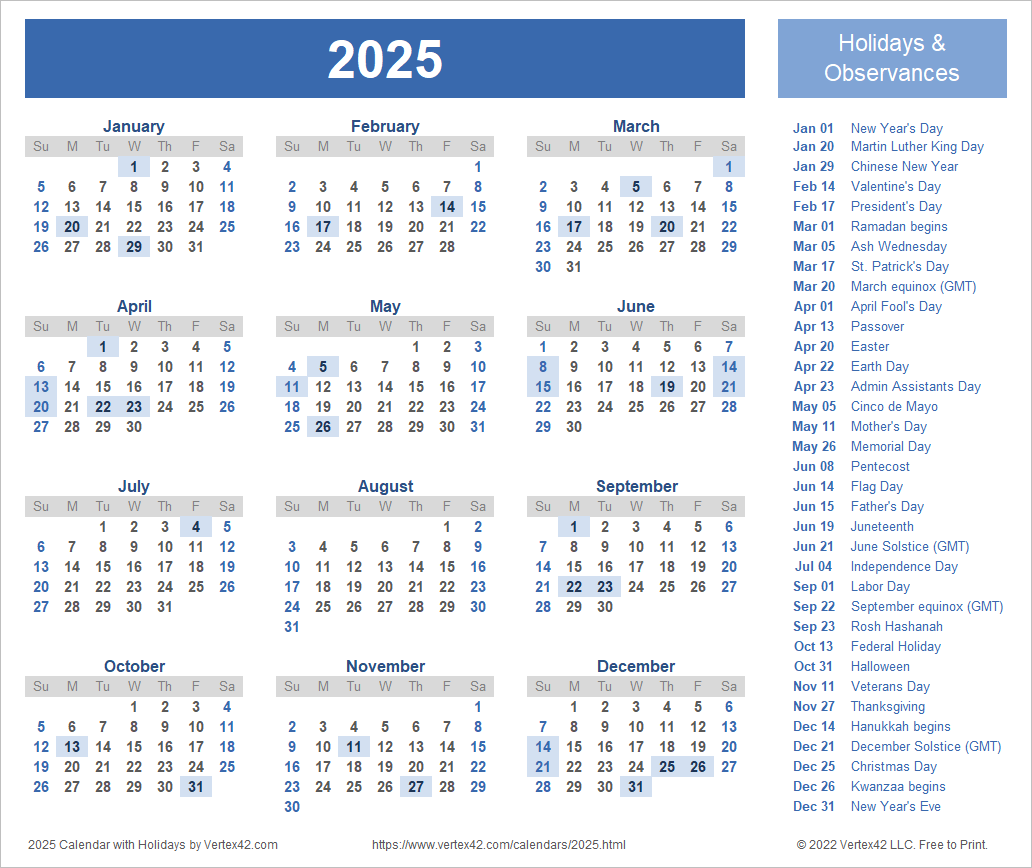
Closure
Thus, we hope this article has provided valuable insights into South African Public Holidays 2025 Calendar: A Comprehensive Guide. We appreciate your attention to our article. See you in our next article!
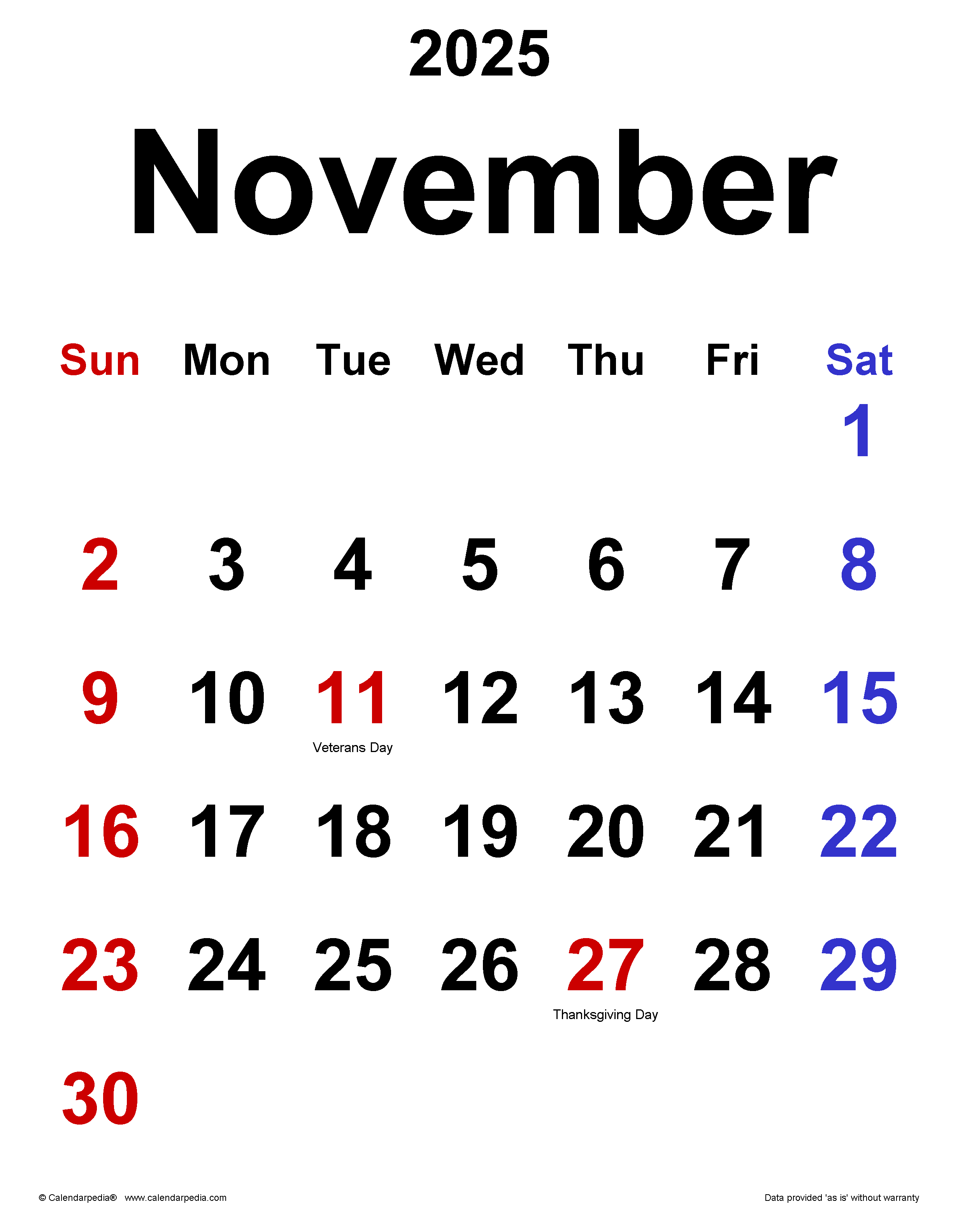

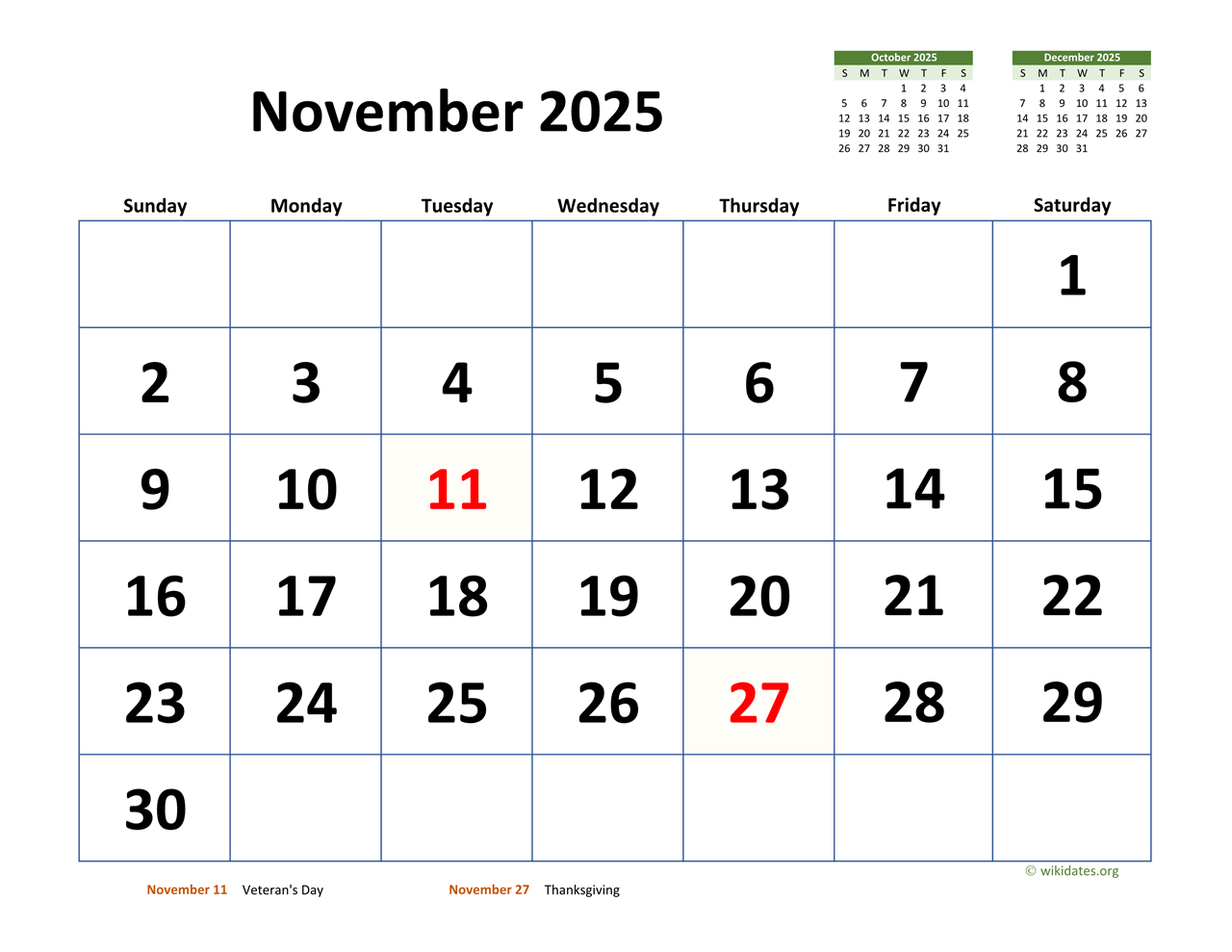




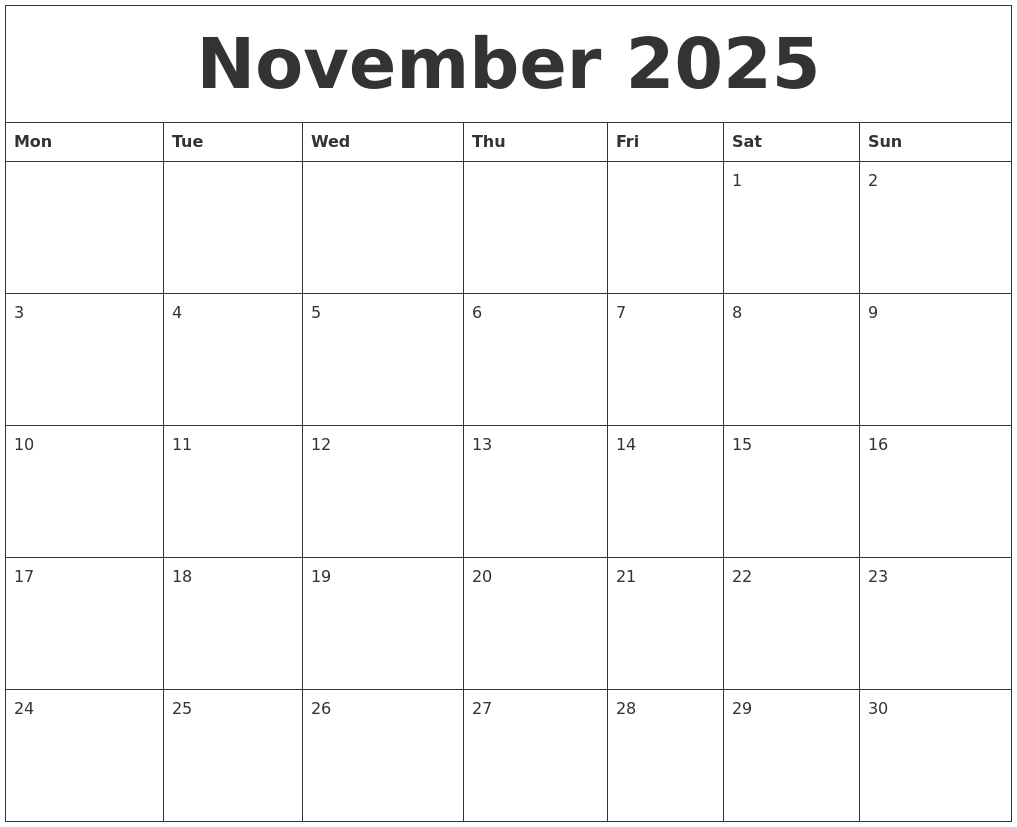
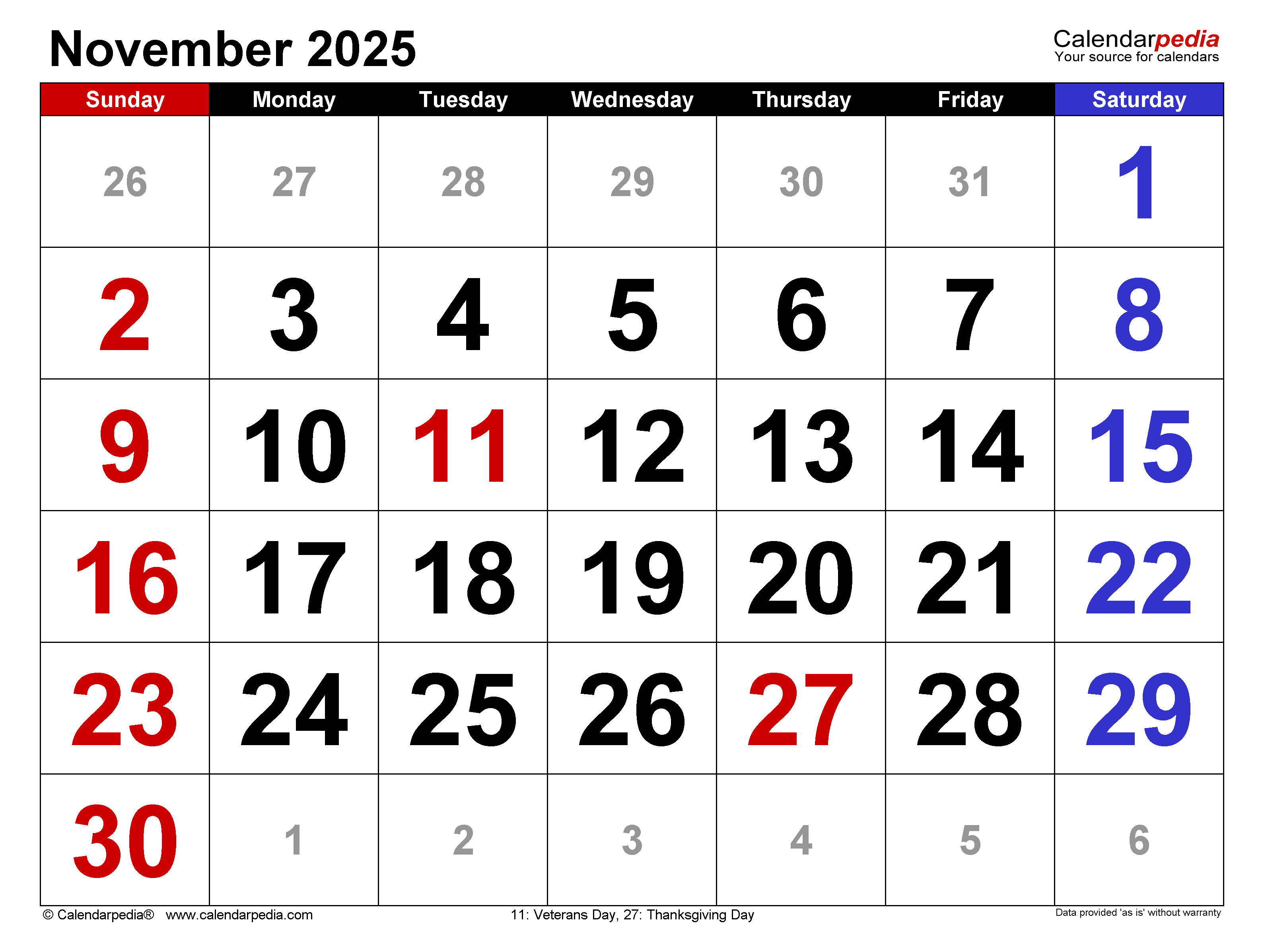
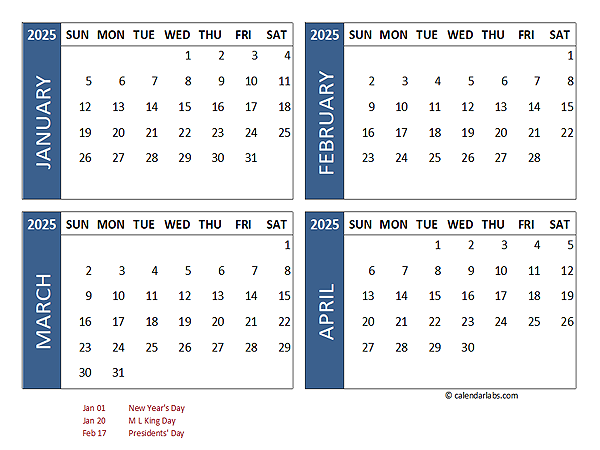
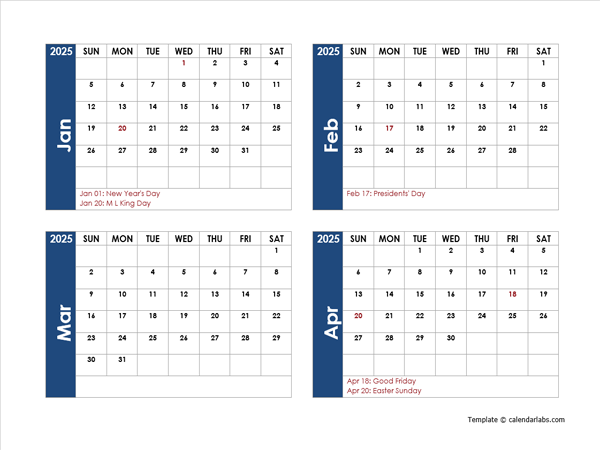

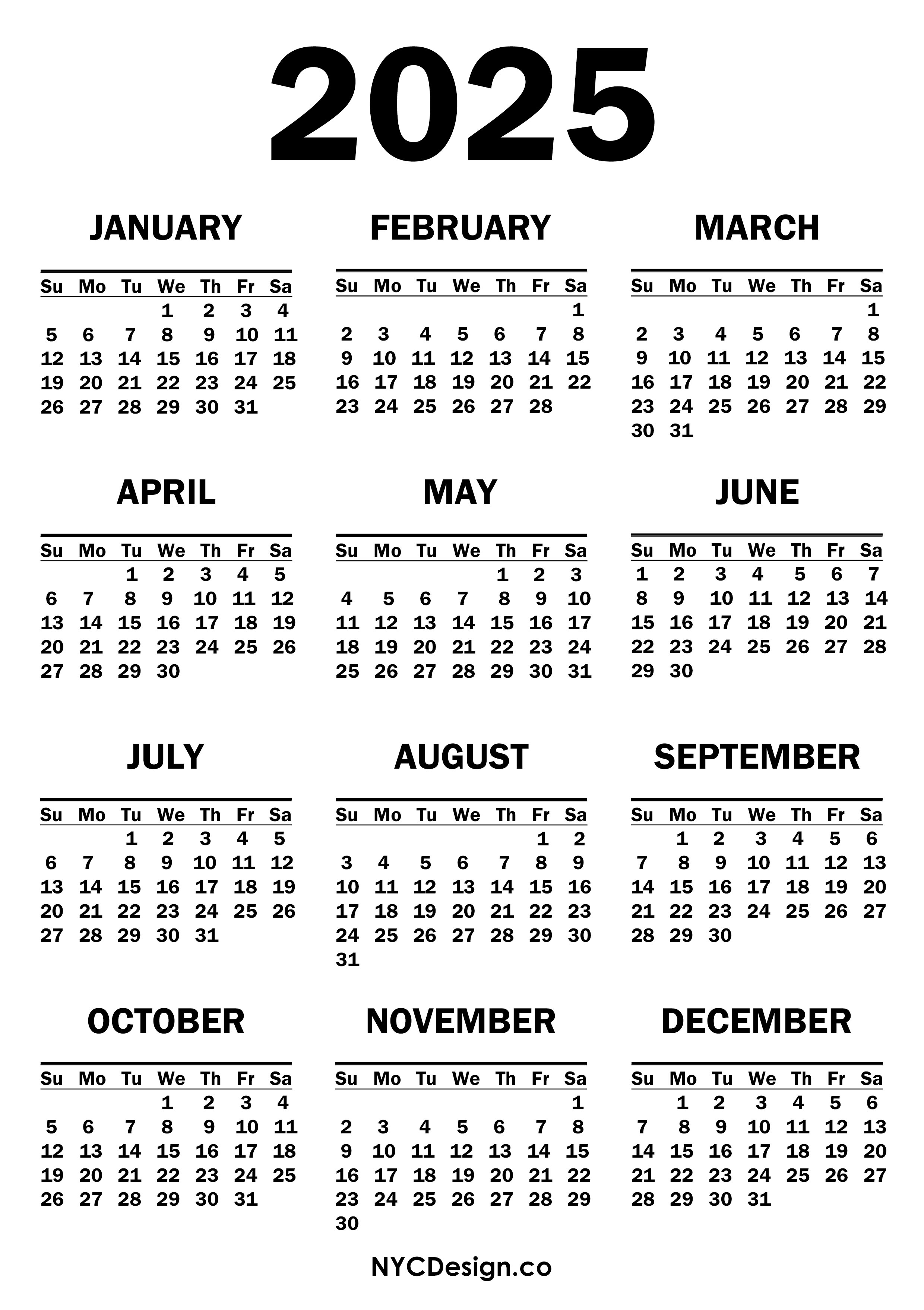
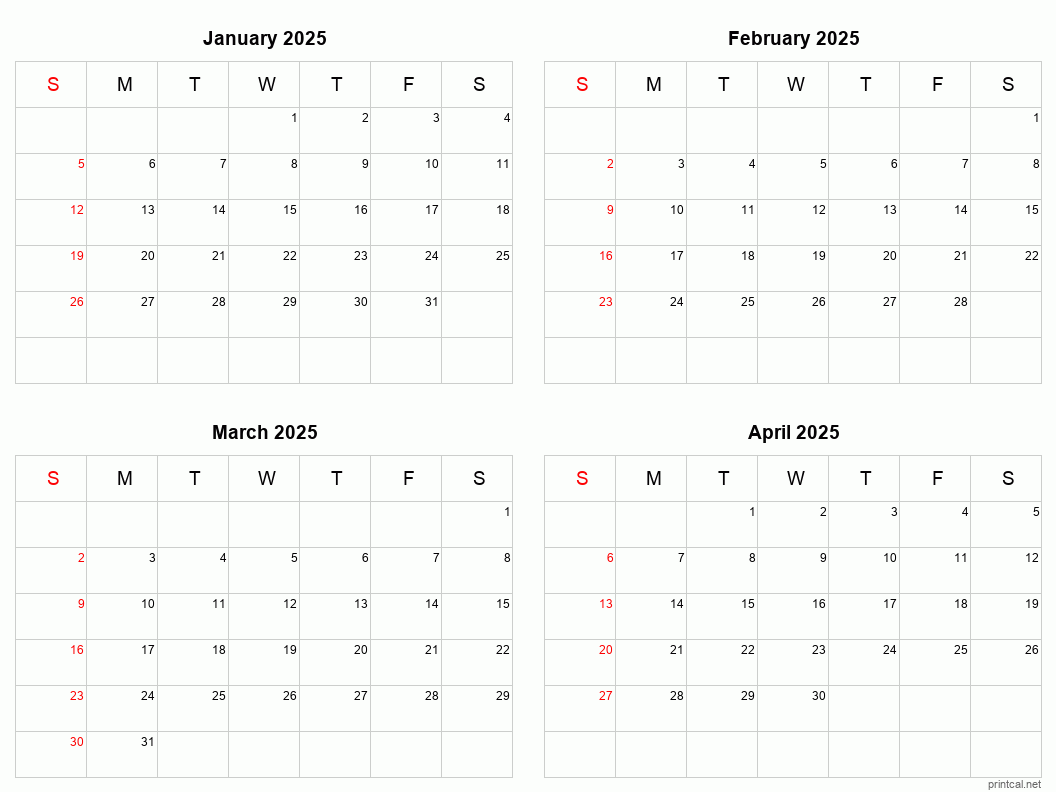
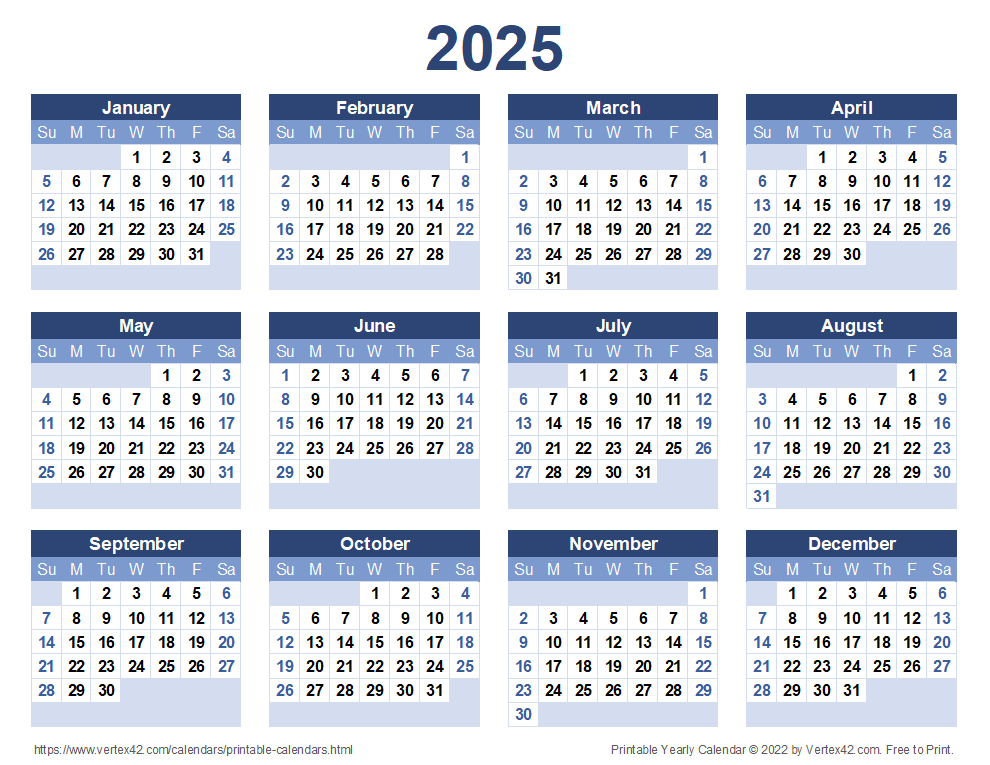
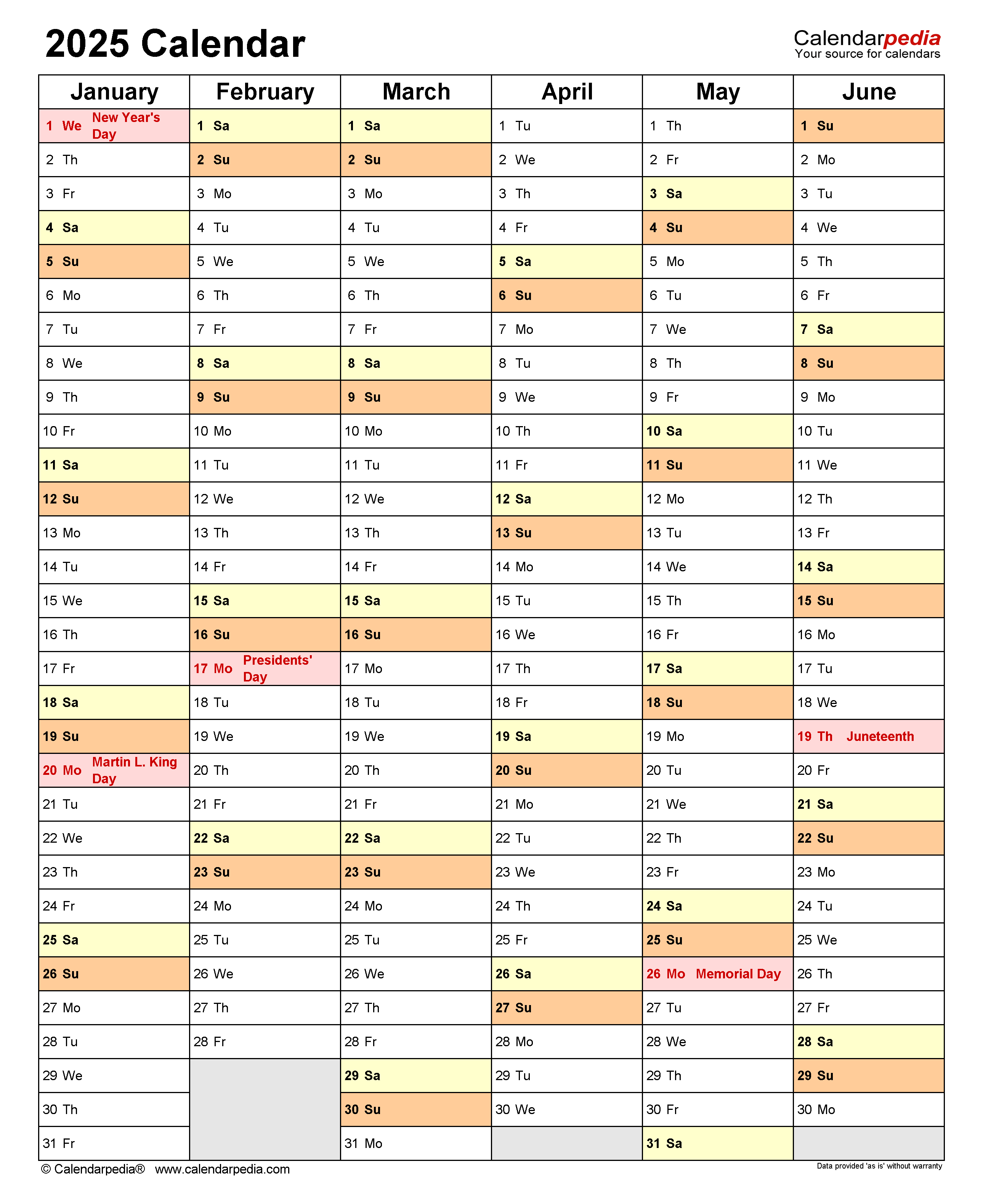
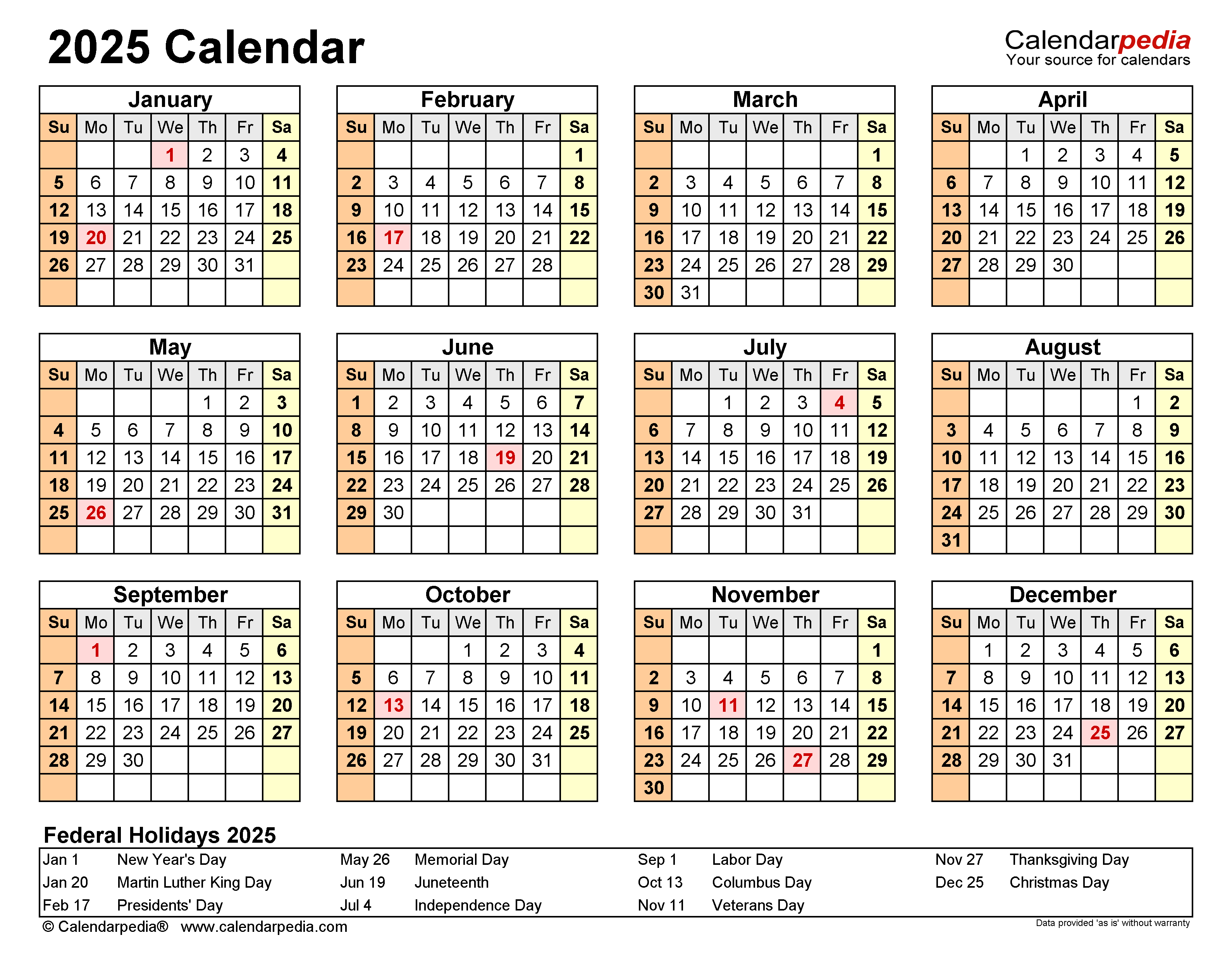






















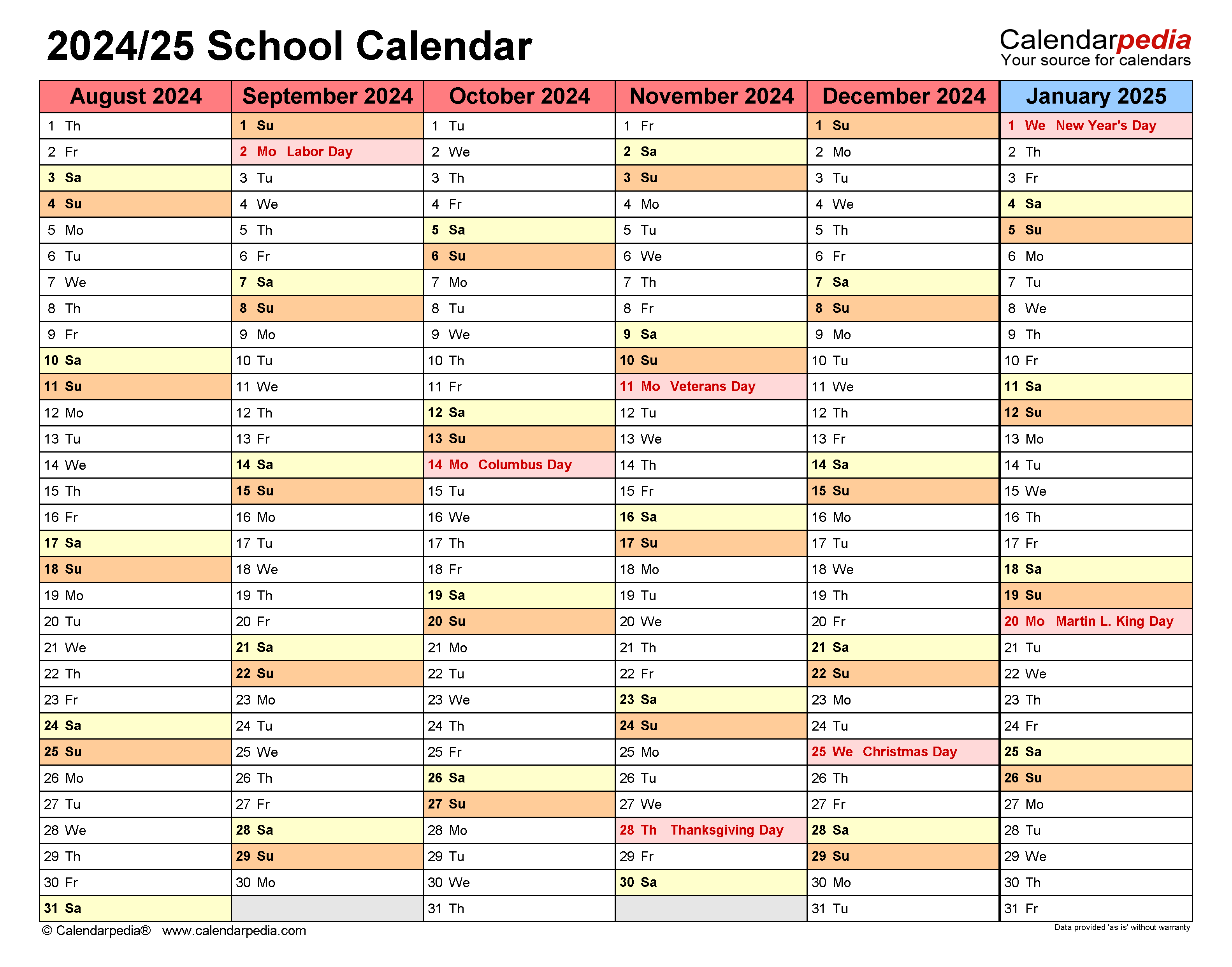
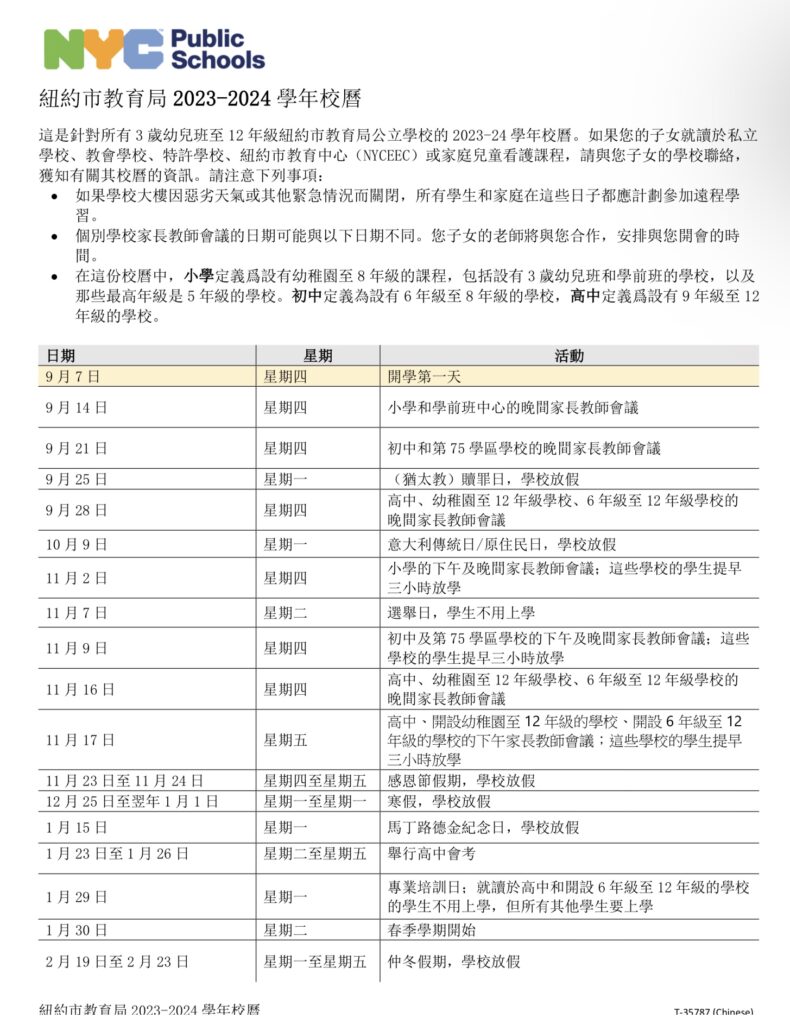
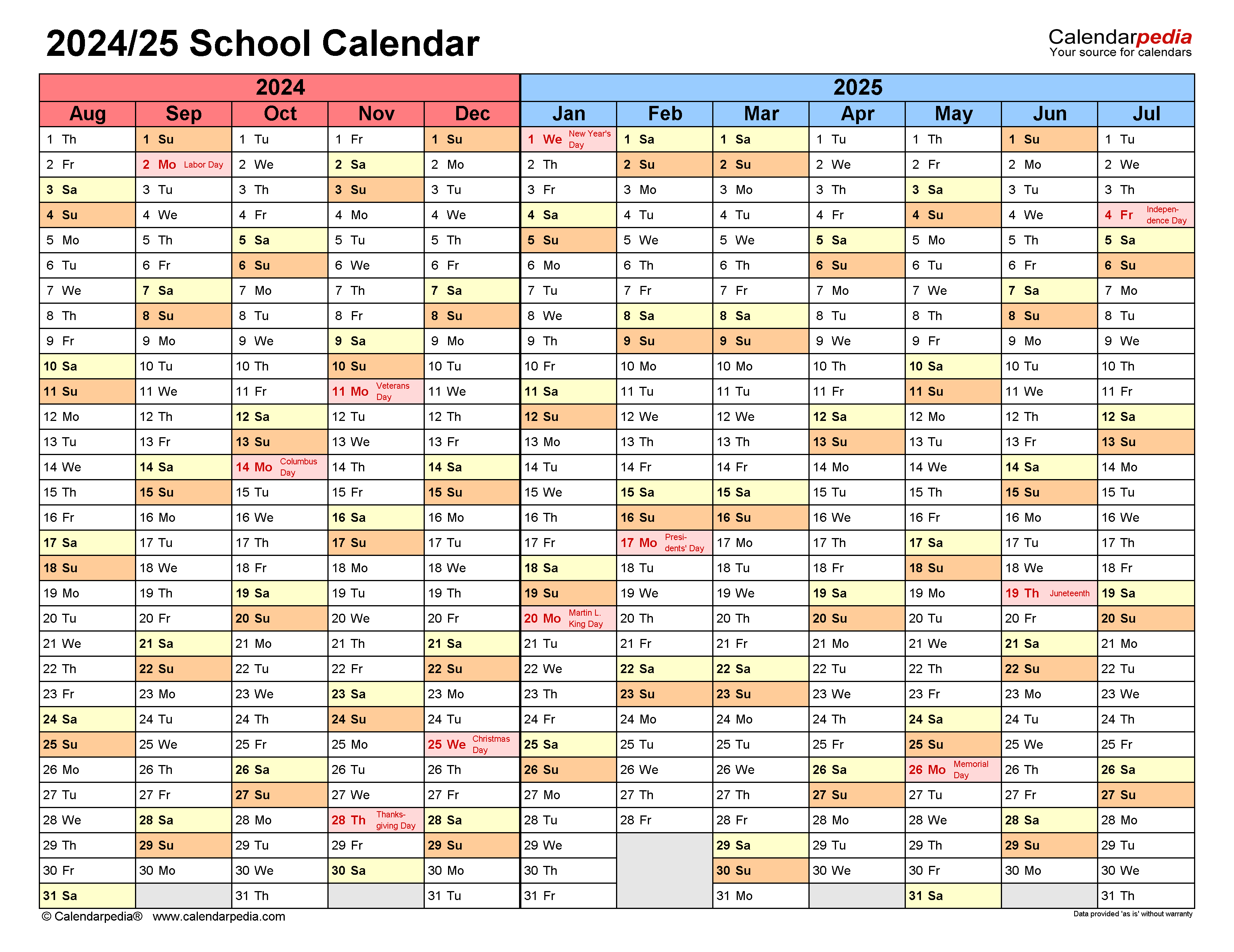
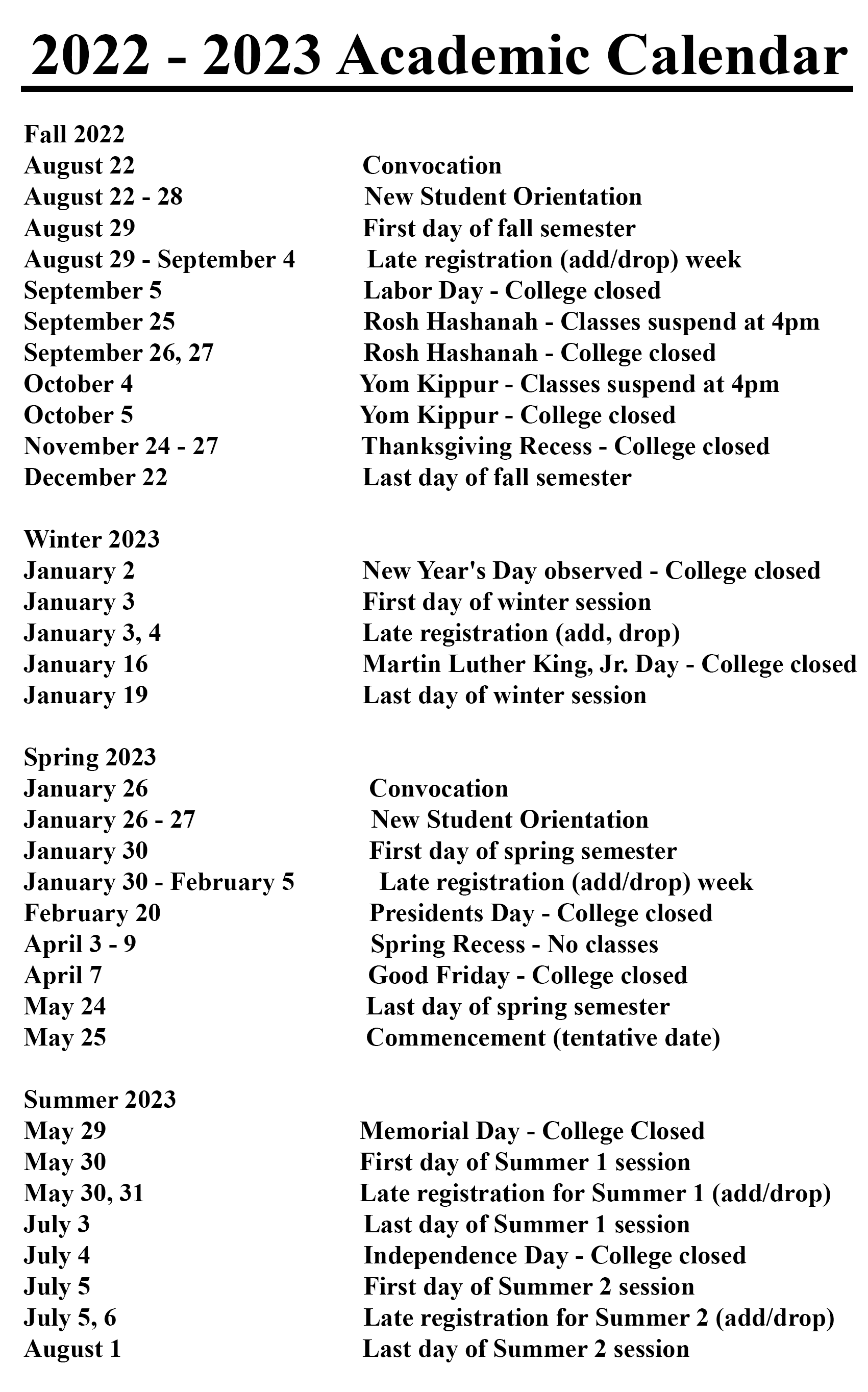
![NYC School District Calendar 2024-2025 [Academic Year]](https://i0.wp.com/schooldistrictcalendar.org/wp-content/uploads/2023/03/NYC-School-Holidays-2023-2024.jpeg?w=1414u0026ssl=1)

